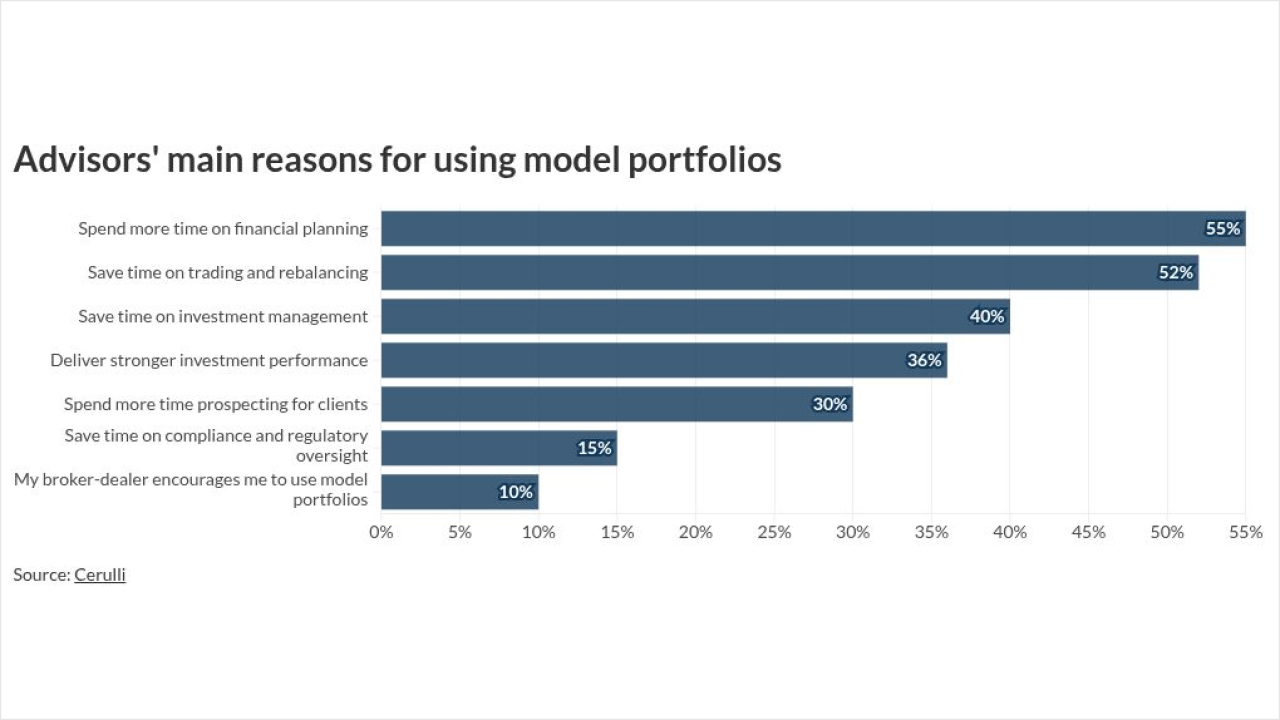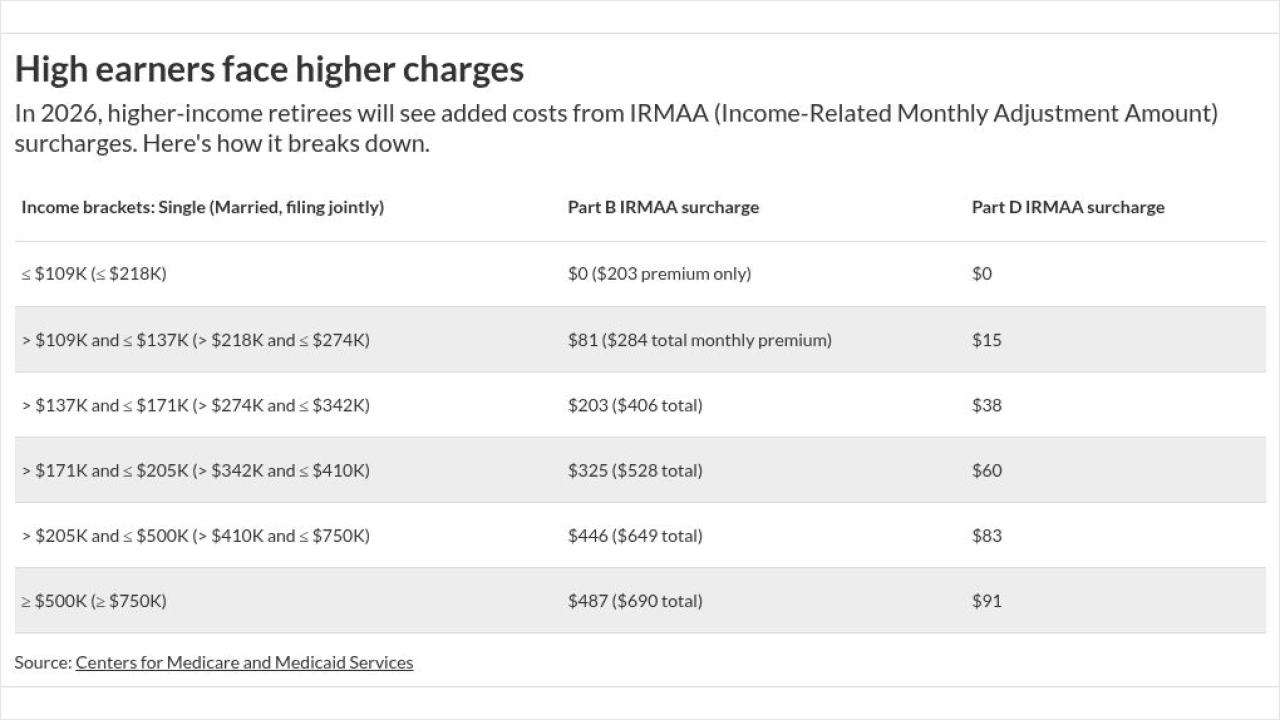Although the SEC's recently-adopted directors rules do not break new ground, they do codify existing standards and will likely encourage independent directors to seek independent legal representation, according to industry lawyers.
"I think the rule encourages directors to hire independent counsel and it requires directors to focus on whether the counsel they are using as their own has relationships ... that are inconsistent with independence," said Richard Phillips, a lawyer in the Washington office of Kirkpatrick & Lockhart LLP of Pittsburgh, Pa. "So I think it acts as a stimulus to independent directors to inquire into the independence of their counsel and to hire someone who might be regarded as independent."
The SEC issued final directors rules earlier this month. The requirement that independent directors have independent counsel and the definition of independent counsels were part of those rules.
The rule does not require independent fund directors to hire independent lawyers, he said. The rule makes it clear that independent directors do not have to hire their own counsel and are allowed to use the fund's counsel, he said. By simply designating the board of directors' attorney counsel to the fund that they represent, directors can get around the regulation, he said.
"There is a very large loophole," Phillips said. "It is a loophole by design."
Still, the independent counsel rule codifies an unwritten standard that boards have followed for years, Phillips said. Previously, boards were encouraged to seek independent counsel because it provided an added level of protection in the event the directors' actions were challenged in litigation, he said.
Under the new rule, a person is considered an independent legal counsel if any
representation of any of the fund's management organizations during the previous two fiscal years is considered by the board's independent directors to be limited to the extent that it does not influence the counsel's judgement. Also, the rule mandates that the counsel must agree to notify the board when at any point he
or she represents any of the fund's management organizations, thereby affecting their independent status. Also, independent directors must determine whether a person is an independent legal counsel
on an annual basis and must record the basis for their determination in the board's meeting minutes, according to
the rule.
The new rule also lists a set of factors which directors need to consider when determining the independence of their legal counsel. According to the rule, directors need to consider such factors as: whether the counsel is representing any of the fund's management organizations,
the nature and extent of the representation, whether it involves the fund, the adviser or an affiliate, the duration of
any conflicting representation, the importance of the representation to counsel
and his or her firm, whether it involves work related to mutual funds and
whether the particular person was involved in the representation, according to the rule.
By establishing a set of standards, the SEC will be able to easily detect any infractions of the new rule, but enforcement will probably not be stringent, Phillips said.
"I don't think you're going to see this rule enforced through formal enforcement proceedings," he said. "I think the way this will be enforced is informally through the inspection process. The rule requires that the directors maintain a record of their considerations that led them to the conclusion that counsel was independent. I think that where the record is deficient, or raises the question, the examiners, when they examine a complex, will be raising questions."
The new directors' rules have effectively caught the attention of fund directors
and the issue will be a top priority with the SEC, said C. Meyrick Payne, a senior
partner at Management Practice, a fund
consulting firm in New York. The independent legal counsel rule, in particular, could have far-reaching implications,
he said.
"They now know that the SEC is watching," said Payne. "However, they have always had to make these decisions and to the best of my knowledge, they have always taken these decisions seriously. I don't think there is any doubt that the SEC - if they see some infraction of the standard of care or duty of loyalty - they will come down like a ton of bricks."
While the rules do not institute any major changes from what most board's currently do, it is an effective rule because it establishes a universal set of practices, said Barbara Roper, director of investor protection with the Consumer Federation of America of Washington, D.C.
"There is a value to having the SEC bring attention to these issues," she said. "For the most part, what the SEC has done appears to reinforce what are already common practices in the mutual fund industry... but not necessarily universal practices, so you get a benefit of having rules that apply universally instead of having best practices for the industry."





